Can Cats Eat Cauliflower? (What About the Stems, Leaves, Etc)

Look, here's the deal:
You adore your furry feline friend like there's no tomorrow, but every time you feed them, fear of causing digestive chaos knocks on your door. 😺
It's like playing Russian roulette with their stomachs.
But worry not, in this I Care for Cats guide, I'll put your mind at ease.
Let's settle this once and for all!
Can Cats Safely Eat Cauliflower?
While cats can eat cauliflower in small amounts, overindulging can cause digestive issues. It's best to prepare it simply, without seasoning or oils. If your cat experiences vomiting or diarrhea, consult a vet. Cauliflower has antioxidants and potential anti-cancer effects, but excessive consumption should be avoided.
Cats are carnivores, and they depend on meat to survive. However, you might be wondering if it's safe for your furry friend to eat cauliflower. Well, the good news is that cats can eat cauliflower in small amounts without any major issues.
But hold on a minute – before you start feeding your cat a plateful of cauliflower, there are a few things you should know. While cauliflower is generally safe for cats, overindulging can cause digestive problems like upset stomach and diarrhea.
So, you need to proceed with caution.
To make sure your cat enjoys cauliflower without any tummy troubles, you need to prepare it properly.
Stick to simple methods like boiling or steaming.
Avoid fancy seasoning or oils that could upset your kitty's delicate system. After all, cats aren't big fans of heavily spiced foods anyway.
Now, here's a handy tip: if your cat vomits or experiences diarrhea after eating cauliflower, don't push your luck.
It's best to consult your veterinarian. Remember, every cat is different, and it's always better to play it safe when it comes to their health.
But let's not forget about the benefits cauliflower can offer your cherished feline companion.
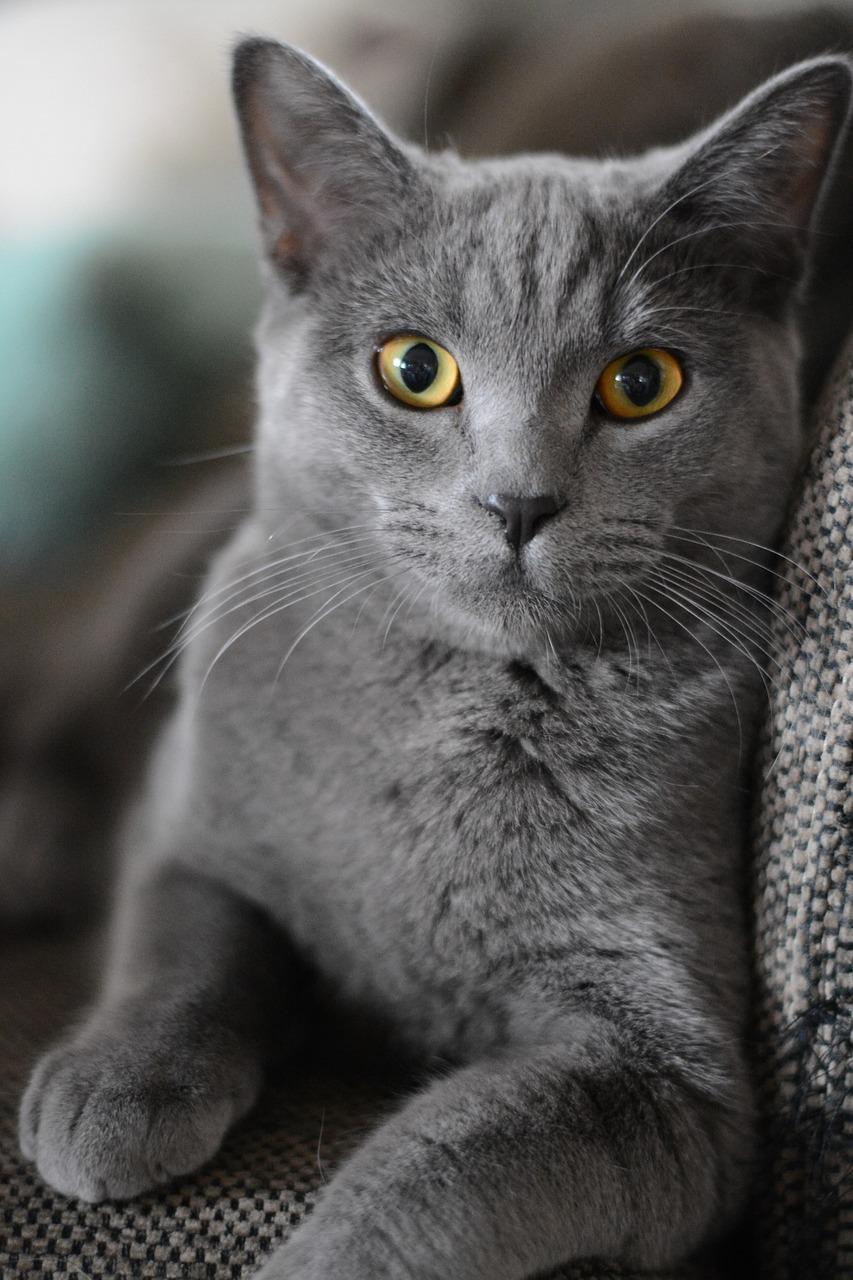
This veggie contains antioxidants that can reduce inflammation and help with joint issues like arthritis.
Additionally, cauliflower harbors compounds that may have anti-cancer effects. Pretty impressive, right?
However, don't go crazy with the cauliflower just yet.
While it can be beneficial for relieving constipation due to its fiber content, excessive consumption should still be avoided.
Cats have specific dietary requirements, and too many veggies can upset their sensitive tummies.
If you're looking for other safe vegetables to treat your cat, consider steamed or sautéed broccoli.
It can satisfy their desire to chew on plants without causing any harm.
Finally, let's quickly cover some herbs for cats. Rosemary can lead to stomach upset, mint is a no-go, basil provides some health benefits, cilantro should be limited, and lemongrass is downright toxic and should be avoided at all costs!
With these guidelines in mind, you can safely give your cat a delicious and healthy cauliflower snack without worrying about any unwanted consequences. 🐱
Furthermore, if you're still curious about the safety of incorporating vegetables into your cat's diet, I urge you to check out my article on Can Cats Eat Broccoli.
It provides a comprehensive guide to understanding the potential risks and benefits, offering valuable insights you'll find useful as a cautious and concerned cat owner.
Can Cats Eat Cauliflower Stems?
When giving your cat cauliflower, ensure to remove the stems first to prevent any choking or digestive problems that could occur.
This is vital for keeping them safe and ensuring their all in all health.
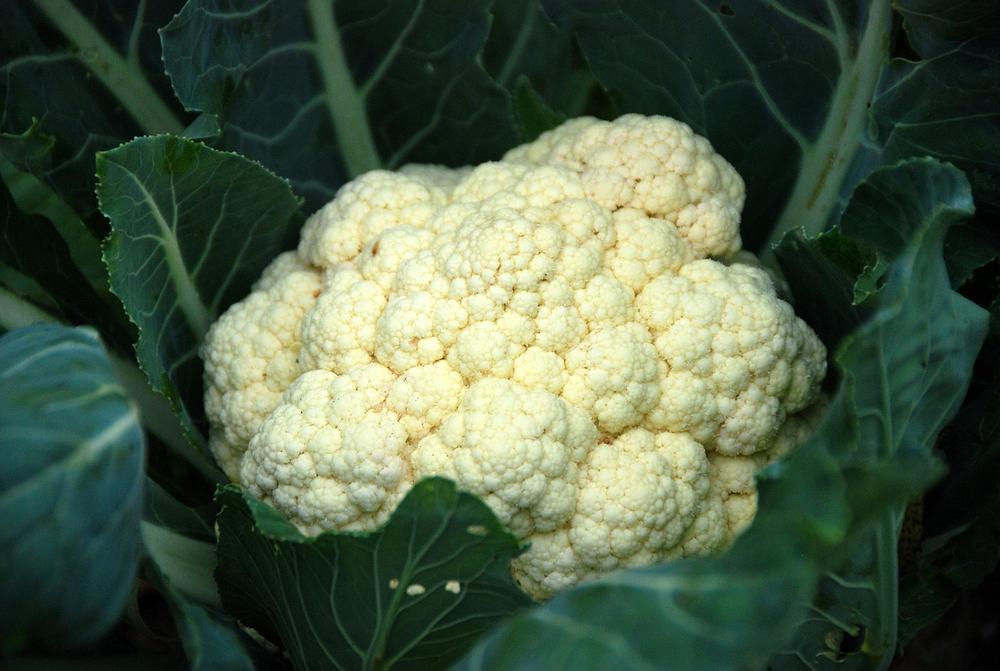
Moreover, if you have an older feline friend who suffers from joint issues, feeding them cauliflower may prove beneficial.
This vegetable contains special properties known for reducing inflammation, making it a potentially helpful addition to their diet.
Keep these tips in mind to prioritize the well-being of your beloved furry companion when dishing out some veggie goodness.
Can Cats Eat Cauliflower Leaves?
If you want to give your cat some cauliflower leaves, here's what you should do:
- Make sure those leaves are squeaky clean by giving them a good wash.
- Boil these babies until they get nice and soft so your cat can easily eat them.
- Take off the stems and leaves from the actual cauliflower itself before giving it to your furry friend.
- But hold on now, don't serve the leaves while they're still hot. Let them cool down first.
- Cut the leaves into teeny tiny pieces so your cat won't choke on 'em.
- Don't go overboard with the leaves though - too much can mess up your cat's tummy.
- Keep a close eye on your cat when introducing new foods. You never know how they might react.
- And hey, it wouldn't hurt to ask a vet if cauliflower leaves are right for your cat.
Cauliflower leaves can be healthy for your fluffball, but do it right to keep 'em happy and safe.
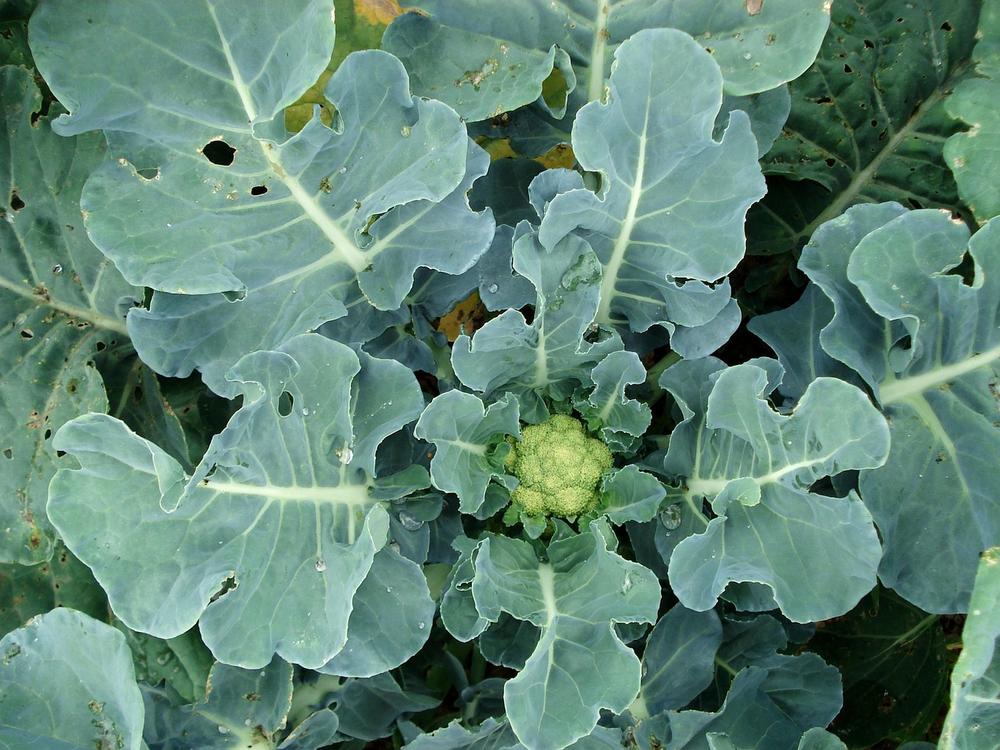
And it gets better...
While cauliflower leaves can be a healthy addition to your cat's diet, there are other human foods that you should be cautious about giving them.
Some may surprise you, so keep reading to find out what they are and why they should be avoided:
Can Cats Eat Cauliflower Cheese?
| Cauliflower Cheese | |
|---|---|
| Is it safe? | No. |
| Reasoning | Cats should not eat cauliflower cheese because it contains cheese, which is high in fat. |
| Cheese content | Cheese should only be given to cats occasionally due to its high-fat content. |
| Health concerns | Eating cauliflower cheese can lead to weight gain, digestive issues, and pancreatitis. |
| Alternatives | Offer plain cooked cauliflower as a healthier option for cats. |
| Moderation | If you want to share cauliflower cheese, give small amounts rarely as an occasional treat. |
No cauliflower cheese for your kitty!
Let's get straight to the point.
Cats should not eat cauliflower cheese.
Here's why: It has a high-fat content.
Cheese is unnecessary for cats and can actually lead to obesity or heart disease.
That's not what you want for your feline friend, right?
So, just this time, skip the cauliflower with cheese!
But if you're cooking plain cauliflower, go ahead and share a small amount with your cat as an occasional treat.
Just ensure it's cooked because the raw stuff can cause digestive issues.
Now, let's talk about potatoes.
Cooked and served in moderation, they're totally fine.
However, avoid giving your cats raw potatoes or potato skins as they can cause problems.
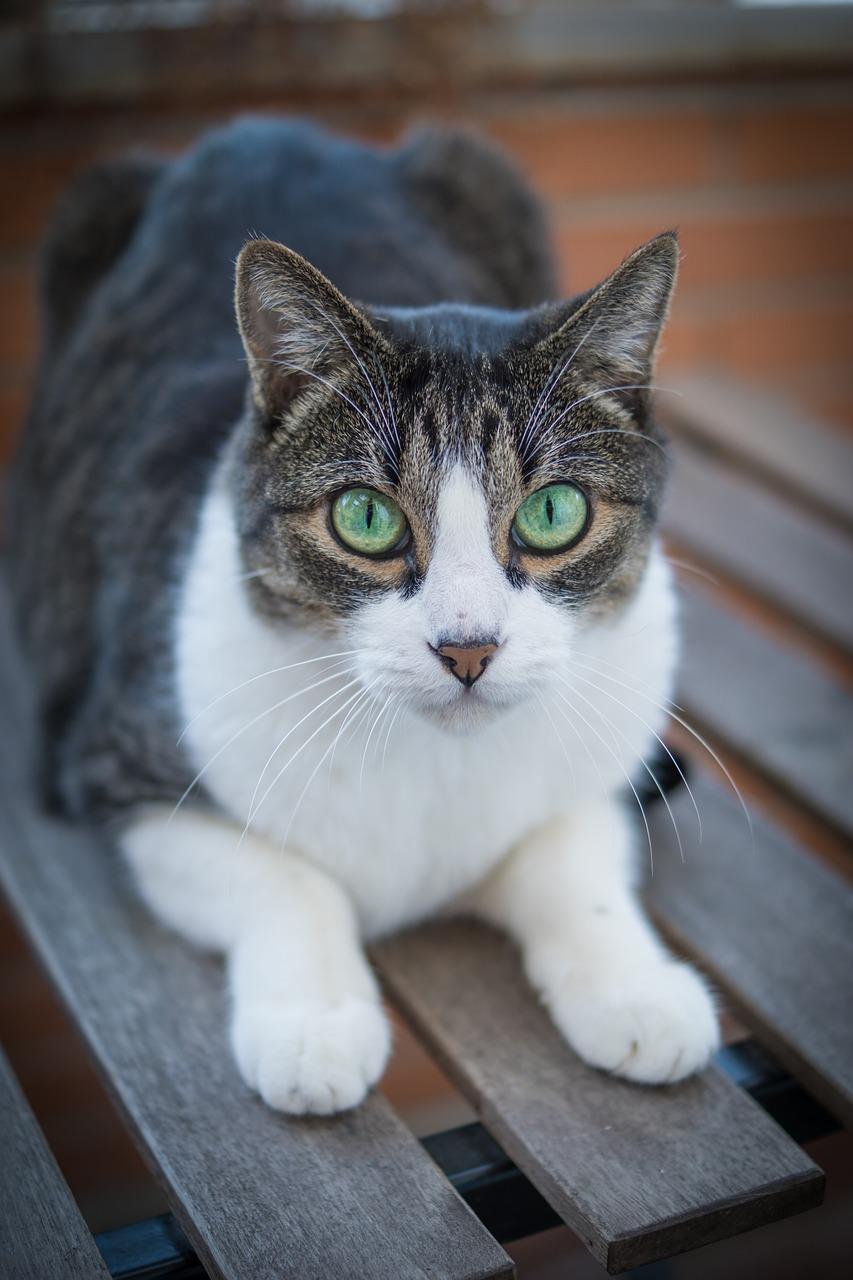
Another veggie to watch out for—spinach!
Most cats can eat steamed spinach without any issues, unless they have a history of bladder stones.
In that case, skip it.
Moving on to garlic.
Garlic is absolutely off-limits for cats. It can be toxic to their organs and even tiny amounts are dangerous.
So, say NO.
Yes, sweet potatoes in small amounts can aid digestion, but remember, balance is key.
Too much can upset your cat's tummy.
And one last reminder—the lactose enzyme that cats lack means no dairy products, please.
That's all there is to it!
Your cats will appreciate that you've done your research on their eating habits.
But wait, there's more to learn about the benefits of introducing cauliflower to your cat's diet.
Are there any other vegetables that you can safely offer?
Let's dive into some intriguing options and explore how they can contribute to your feline friend's in essence health...
How Do I Get My Cat to Eat More Cauliflower?
Gradually introduce cauliflower to your cat
If you're thinking about feeding cauliflower to your cat (which is quite interesting), start by mixing small pieces of cooked cauliflower with their regular food.
This way, you can gradually introduce the new veggie without alarming your furry friend.
But here's the thing, you can't force cats to eat something if they don't want to.
If your cat turns up its cute little nose at the cauliflower, respect their preferences.
We all dislike being forced to eat things we don't like, right?
Moderation is key, my friend!
If your cat enjoys trying new veggies, you can try giving them steamed broccoli, sliced celery, and diced cauliflower mixed with their food.
Just remember to mix it in, not replace their entire meal.
It's all about moderation!
Giving them too much cauliflower might lead to digestive issues.
Oh, and a helpful tip - always cook raw broccoli before serving it to your cat.
Cats prefer it slightly softer, unlike us humans who enjoy it in salads.
Get support from fellow cat lovers
Feeling uncertain about introducing cauliflower to your cat?
Why not join amazing cat lover communities on Facebook for advice and support?
Connect with people who have gone through the same journey of convincing their cats to eat cauliflower. And guess what?
You can download a step-by-step guide to create a stress-free schedule for your cat.
They'll appreciate the predictability, trust me.
But here's something important to keep in mind:
When preparing fruit and vegetable treats for your cat, it is recommended to cook them for easier digestion:
How to Prepare Fruit & Vegetable Treats for Your Cat?
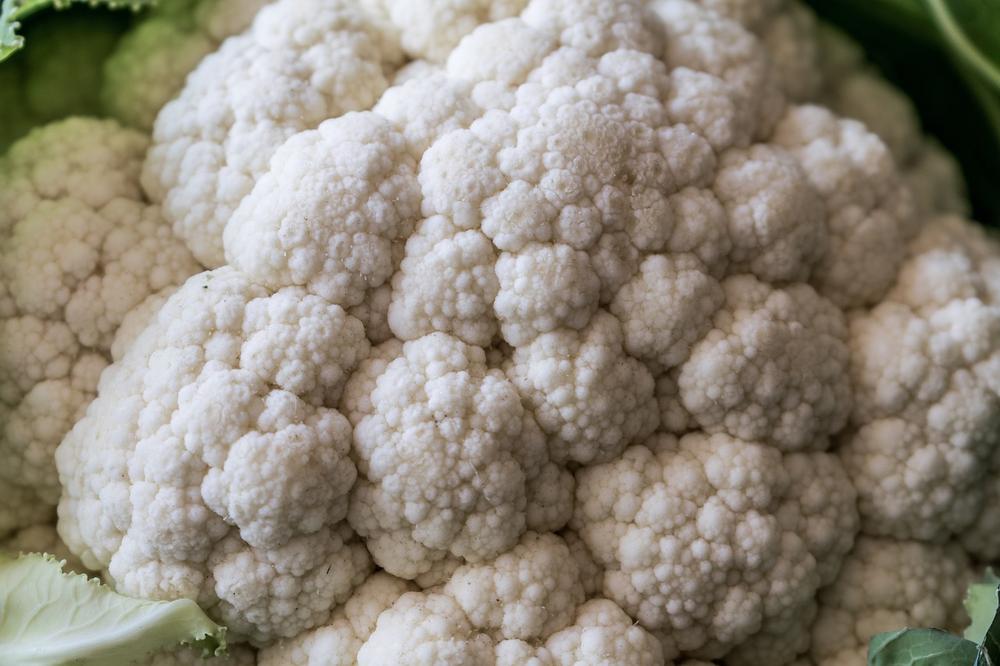
When it comes to preparing fruit and vegetable treats for your cat, follow these 10 simple steps:
- Cook the treats to aid digestion.
- Boil or steam cauliflower before serving.
- Cook carrots before offering them to your cat.
- Avoid giving raw vegetables to prevent choking hazards.
- Cut fruits and vegetables into small, bite-sized pieces.
- Remove any seeds, pits, or rinds that may be harmful.
- Introduce new treats gradually to check for allergies or digestive issues.
- Offer a variety of fruits and vegetables for a balanced diet.
- Wash all produce thoroughly to remove any pesticides or dirt.
- Consult with your veterinarian about safe and healthy options for your specific cat.
Cats have different dietary needs and preferences, so always approach new treats with caution and observe how your furry friend responds. 😺
Cats and cauliflower: a purr-fect match!
Summary:
- Cats can safely consume cauliflower, but only in moderation.
- Overfeeding cauliflower can cause digestive issues like stomach upset and diarrhea.
- Cats are obligate carnivores and require meat in their diet.
- Cauliflower should only be offered as a treat in small amounts.
- If a cat experiences vomiting or diarrhea after eating cauliflower, consult a vet.
- Cauliflower has health benefits for cats, such as antioxidants and potential anti-cancer effects.
- Cauliflower can help relieve constipation in cats due to its high fiber content.
- Boiled cauliflower is easier to digest for cats compared to raw cauliflower.
- Carefully monitor for negative reactions or symptoms when introducing cauliflower to a cat's diet.
- Remove stems and leaves when serving cauliflower to a cat.
- Cooked cauliflower can benefit older cats with joint conditions.
- Cauliflower leaves are safe for cats to eat but should be washed and boiled thoroughly.
- Limit the amount of cauliflower given to prevent choking or intestinal blockage.
- Cooked potatoes are safe for cats, while raw potatoes and potato skins should be avoided.
- Cats should not consume dairy products as they lack the enzyme to digest lactose.
And that wraps up today's article.
If you wish to read more of my useful articles, I recommend you check out some of these: Can Cats Eat Mushrooms, Can Cats Eat Potatoes, Can Cats Eat Bread, Can Cats Eat Pork, and Can Cats Eat Corn Bread
Talk soon,
-Sarah Davis